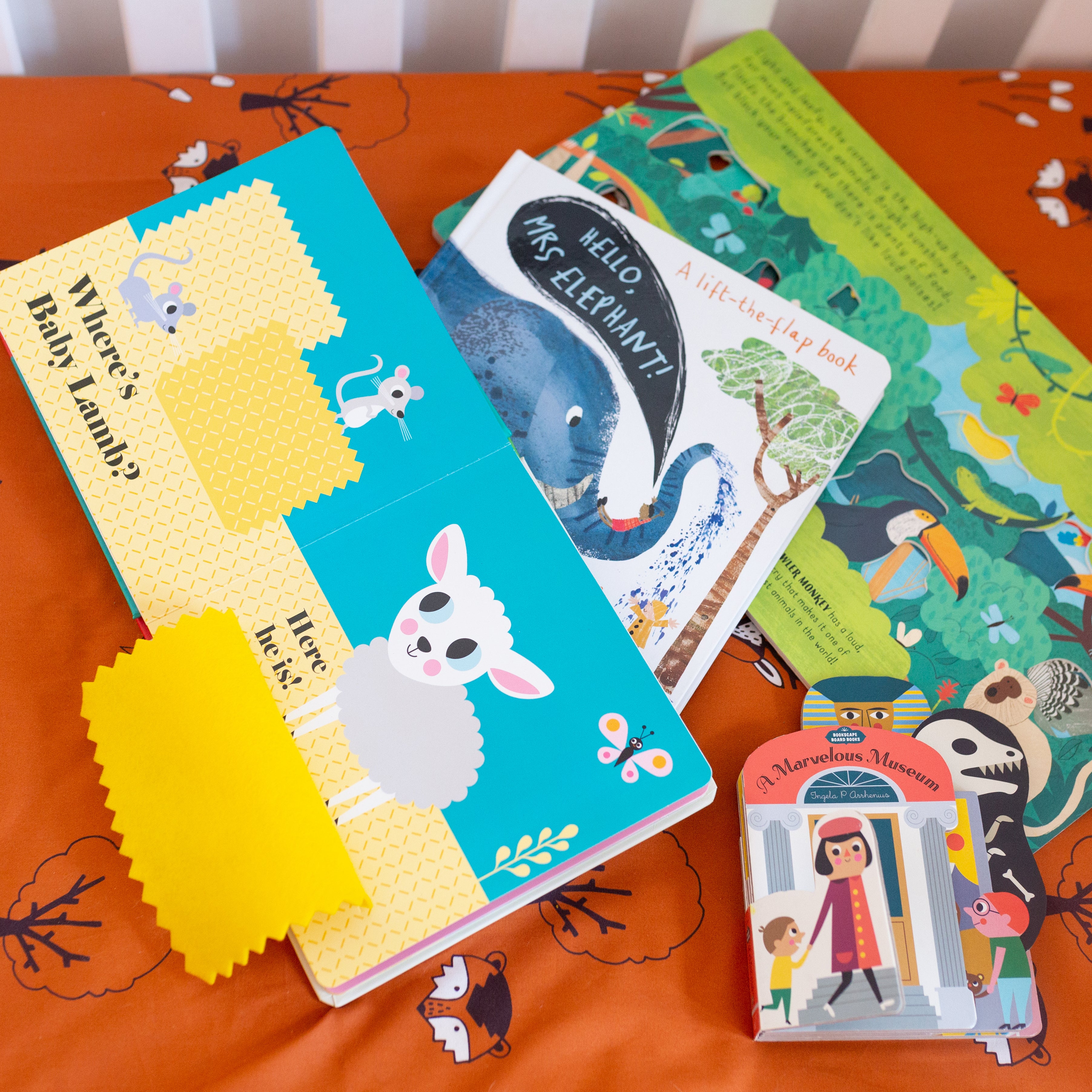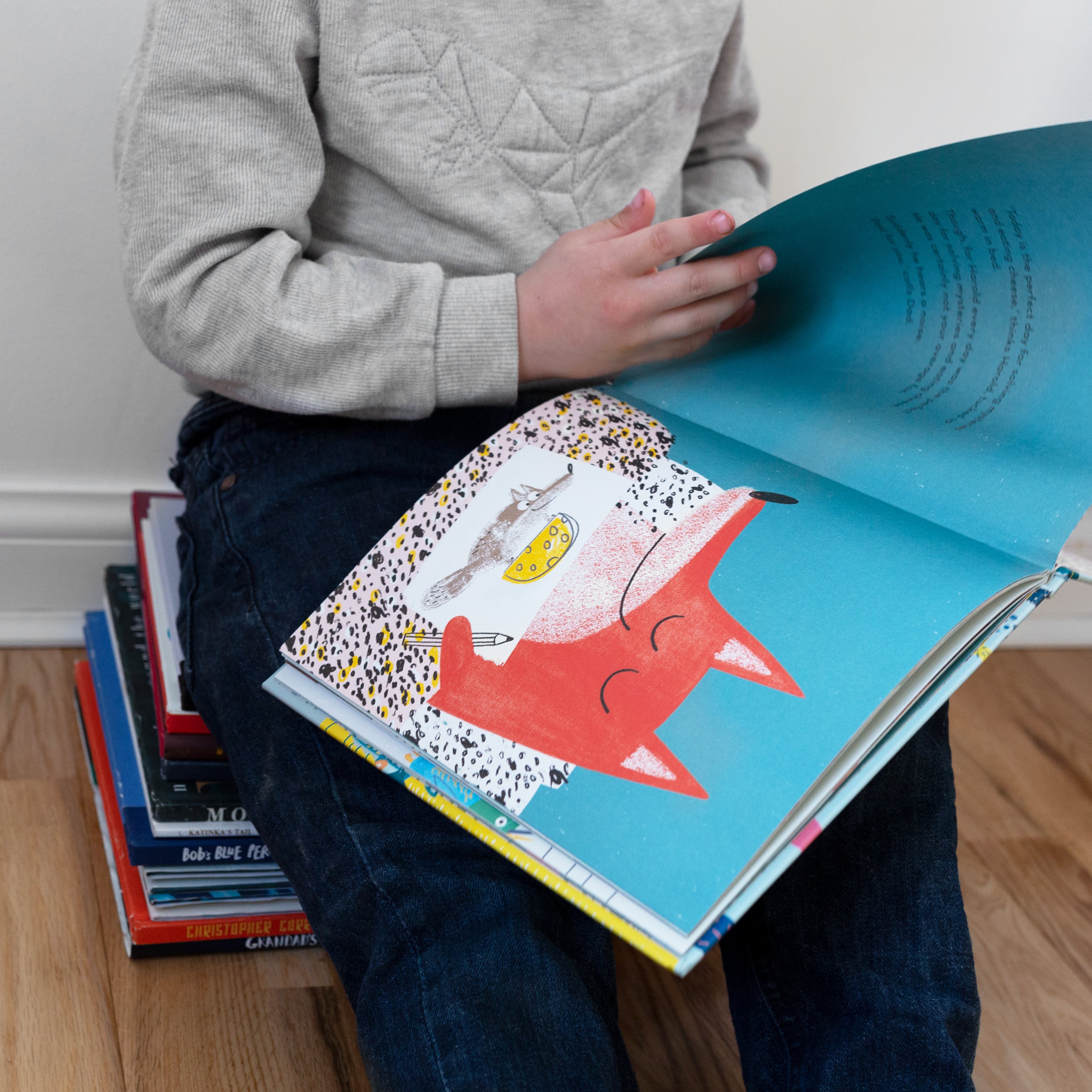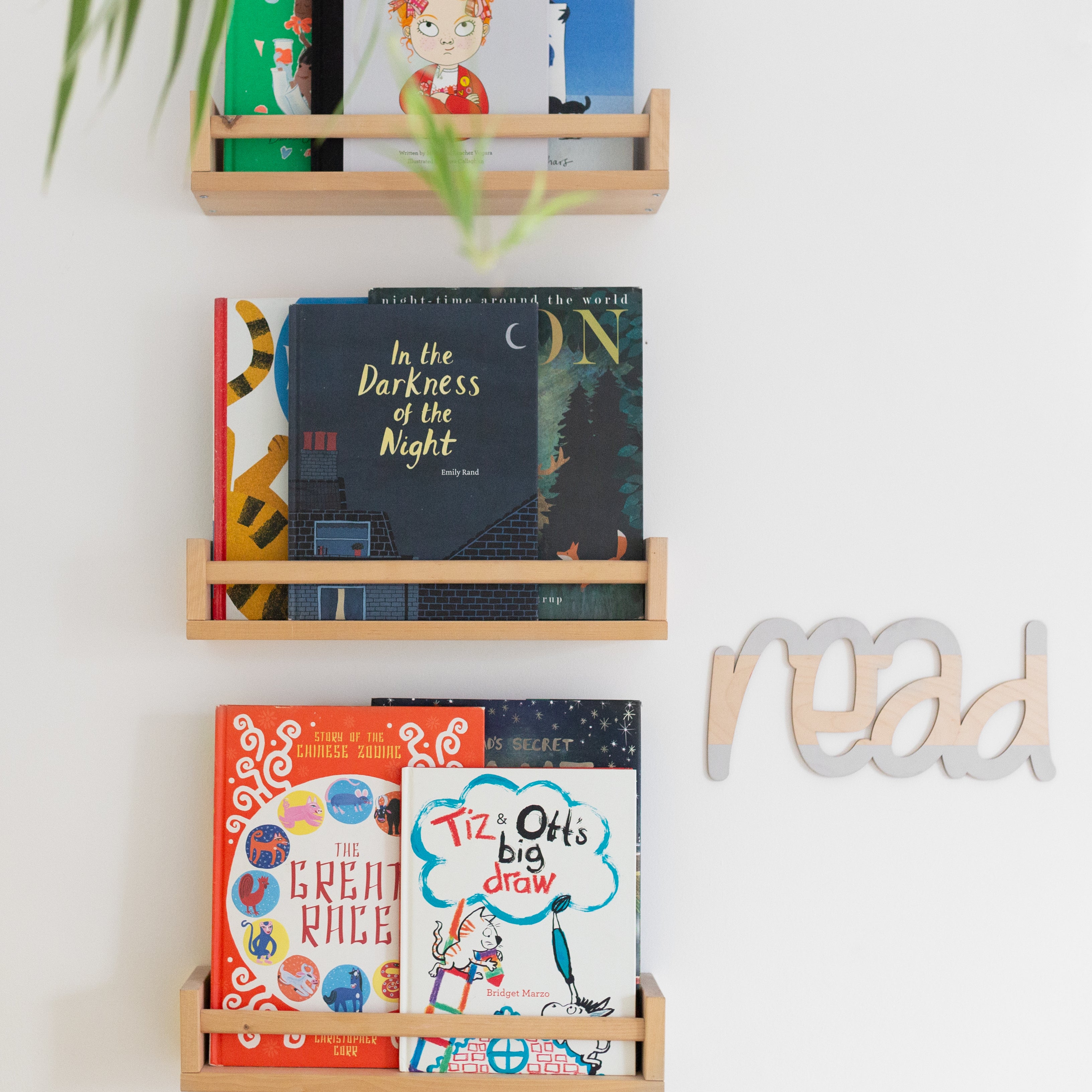If you thought banned books were something that only happened across the pond in America, you’d be wrong. In fact, in the UK more and more books are being challenged and I think its really important that as parents and as a society as a whole, we understand ‘why’ and ‘what types’ of books are being banned.
Now to be clear banning books isn’t a new thing, there’s always been books that have been challenged, one of the most famous banned books was ‘Lady Chatterley’s Lover’ banned in the 1930’s for its explicit content and the ban wasn’t lifted in the UK until 1960. Children’s favourite ‘Harry Potter’ has also been challenged numerous times over the years for its depiction of magic and witchcraft and has indeed been banned in some countries across the world.
Why are books banned? Well its often for religious or political reasons: an idea, a scene, or a character in the book that offends a religion, a sense of morality, or a political view. Or somebody thinks a book's content is too violent or too sexual for the targeted audience. Who is challenging/banning these books? This could come from many areas of society such as parents, governors, religious groups, individuals and political groups. Book banning is a complex issue and I’m sure that some parents and religious communities may feel that some books conflict with their beliefs, or they might worry that content could confuse or overwhelm their children at a young age. I’m sure that these concerns often stem from a desire to ‘protect’ their children and preserve the values they hold dear. Whilst people can understand this, its also important to recognise how quickly this can spiral out of control into censorship and lack of freedom of speech.

Regardless of the reasons, what concerns me is the growing trend on challenging and banning books against a minority group that is now turning violent and here in the UK it is currently against the LGBTQ+ community. Only the other week, The Independent newspaper published that the majority of book removal requests in UK school libraries have been focused on LGBTQ+ content. It also revealed that UK school children are vandalising library material and annotating library books with racial and homophobic slurs. We seem to have differing levels of understanding towards different members of our community who need allyship more than ever before.
School librarians are facing pressure to remove books and when they push back against censorship or voice their professional opinion they’re trolled online and in some extreme cases have lost their jobs. In the snapshot survey of librarians 53% had been asked to remove books from the shelves with one replying they ‘had to remove every book with an LGBTQ+ theme after the school had a complaint from one parent about one book’. This gives the impression that schools are seemingly not wanting to upset religious communities or parents but is that really the right course of action, don’t our children go to school to learn about the real world, the one they live in?
Where do I sit?
Firstly and most importantly, as a parent you do have the right to decide/discuss what your child reads. HOWEVER you do not have the right to decide what other children read. That isn’t your business and doesn’t concern you.
Secondly, due to the nature of them, banned books often deal with subjects that are real, current, and topical. Young people deserve to see their experiences, identities, and communities reflected in the books they read. Life is hard and trying to keep this complex world away from children and teens only makes it worse. Books are great tools to encourage conversations about hard topics, they can start the conversation that allows children to form their own opinions and values. Sometimes parents want their children to think the same as they do but life doesn’t work like that, we all think differently and by removing certain books in schools we aren’t giving our children the tools they need to discover what they believe and who they are.
We need to rethink the idea that ‘ these books are planting a seed’ in a child’s head. Just because a child reads ‘Uncle Bobby’s Wedding’ doesn’t mean they’re going to enter into a same sex marriage. When you read the book you find out that Chloe is worried about Uncle Bobby’s wedding because she’s worried that she will lose the relationship she has with her uncle. Surely there are children up and down the country that have similar worries to Chloe.
So what can we do? Look at your own home library, do you buy books that enable your child to experience and learn about all communities in society. Look at your school library, does it really represent your school community, does it represent the world we live in? Rather than deciding what all children should read, parents, schools and communities can work together to respect everyone’s values. What could this look like? Perhaps hosing discussions about the important role of diverse books in education, or ensuring that libraries offer a wide range of perspectives to reflect the diversity of their community.
I’d love to hear your thoughts on book banning or how we can encourage communities to have more inclusive libraries.




